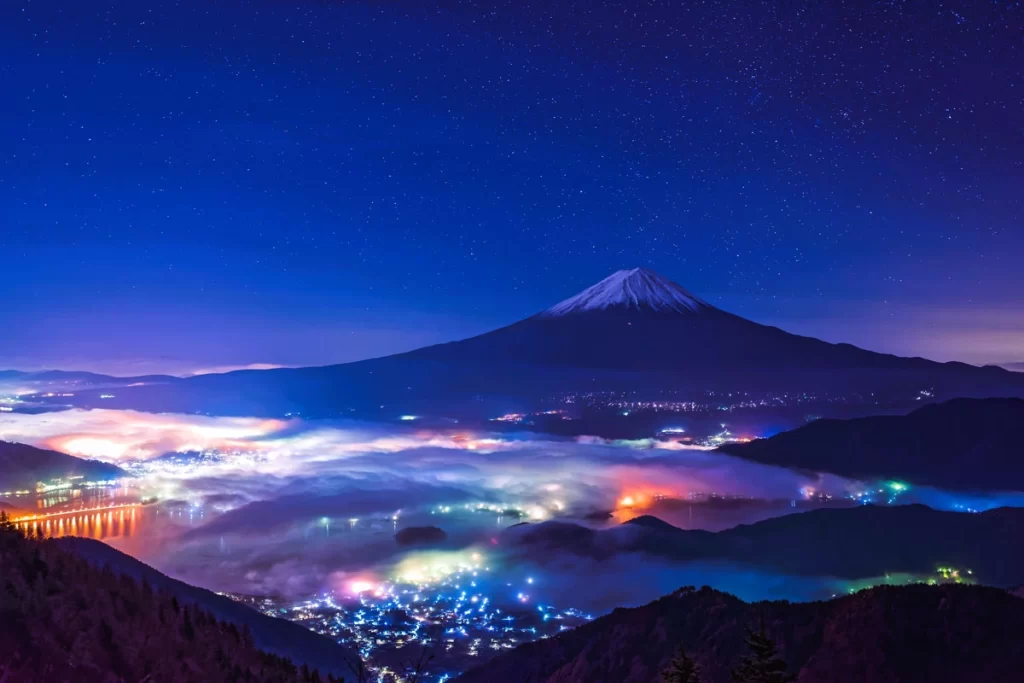
How Late is Mount Fuji's First Snowfall This Year?
On November 6, 2024, Mount Fuji finally saw its first snowfall of the year. This marks a significant delay, over a month later than usual. Historically, the first snow on Mount Fuji typically appears in early October. However, this year’s late arrival sets a record as the latest in 130 years since observations began in 1894.
For visitors, the first snow on Mount Fuji is a breathtaking sight, signaling the arrival of winter. But this unusual delay also raises concerns among scientists and climate experts about the ongoing impacts of global climate change on seasonal patterns in Japan.
What Caused the Delay?
The primary factor behind this year’s late snowfall is the abnormally high temperatures during summer and autumn. Japan experienced its hottest summer on record in 2024, comparable to the heatwave of 2023. These extended warm conditions kept temperatures around Mount Fuji above the average threshold required for snowfall until November.
Local meteorological agencies in Yamanashi Prefecture attribute the delay directly to climate change, which continues to affect ecosystems and weather patterns globally.
Climate Change and Its Impact on Mount Fuji
The delayed first snowfall on Mount Fuji highlights the broader consequences of global warming. Climate scientists have noted that rising global temperatures are not only altering the timing of seasonal transitions but also increasing the intensity of extreme weather events.
Longer, hotter summers and shorter winters reduce the frequency and volume of snow in high-altitude regions like Mount Fuji. This affects not only the natural beauty of these iconic locations but also the surrounding ecosystems and communities that depend on the seasonal meltwater from snow.
Mount Fuji: A Symbol of Japan’s Winter
Mount Fuji is more than a tourist attraction—it is a cultural and natural symbol of Japan’s winter season. The sight of its snow-capped peak draws visitors from around the world, eager to witness this serene and majestic landscape.
However, the delayed snowfall this year has raised concerns among conservationists and climate scientists, as it signals that natural patterns are being disrupted by the effects of global warming. If such trends continue, they could pose long-term challenges to preserving Mount Fuji’s iconic beauty and the ecosystems it supports.






